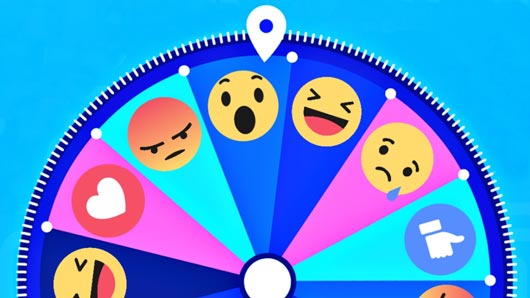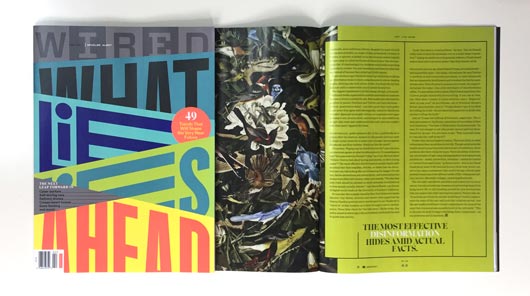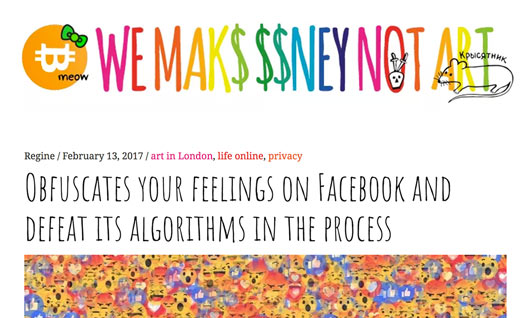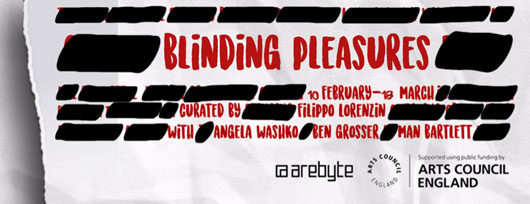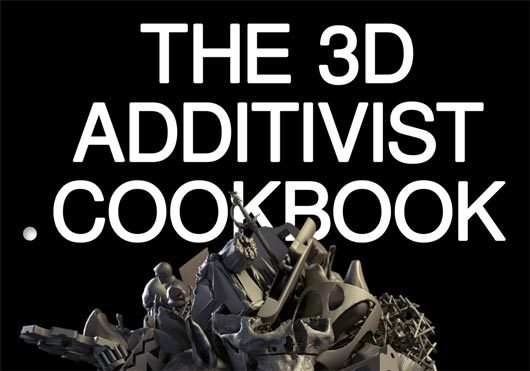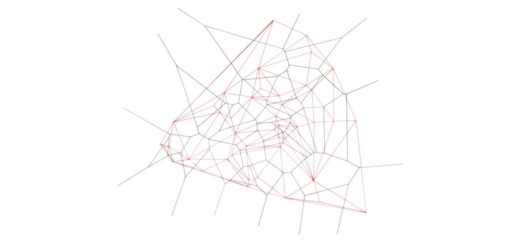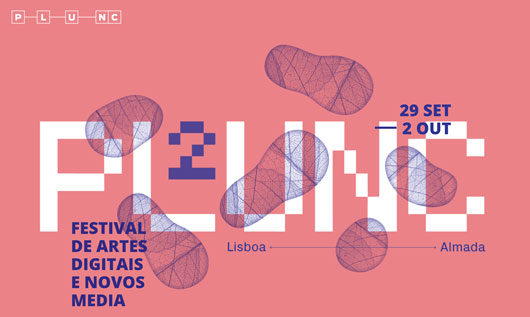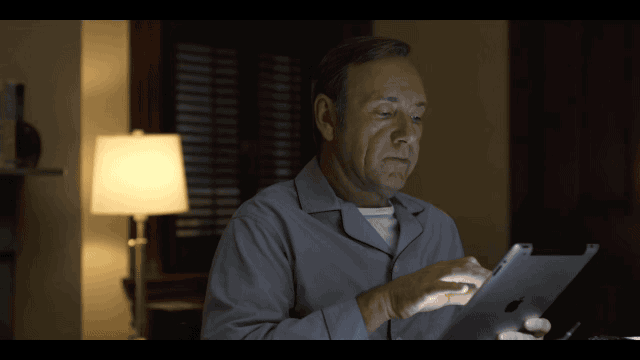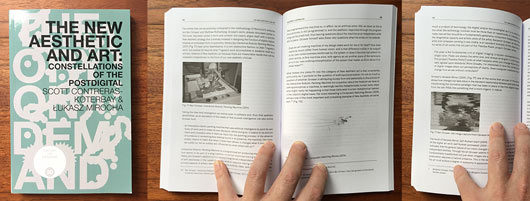
My works in The New Aesthetic and Art: Constellations of the Postdigital
Several of my works are discussed at length in the just-released book The New Aesthetic and Art: Constellations of the Postdigital. The book is authored by Scott Conteras-Koterbay and Lukas Mirocha, and is published by the Institute of Network Cultures in Amsterdam. From the Institute’s website:
The New Aesthetic and Art: Constellations of the Postdigital is an interdisciplinary analysis focusing on new digital phenomena at the intersections of theory and contemporary art. Asserting the unique character of New Aesthetic objects, Contreras-Koterbay and Mirocha trace the origins of the New Aesthetic in visual arts, design, and software, find its presence resonating in various kinds of digital imagery, and track its agency in everyday effects of the intertwined physical world and the digital realm. Contreras-Koterbay and Mirocha bring to light an original perspective that identifies an autonomous quality in common digital objects and examples of art that are increasingly an important influence for today’s culture and society.
The works of mine represented and discussed in the book are Flexible Pixels, Interactive Robotic Painting Machine, and Computers Watching Movies. I appreciate the authors taking on such contemporary material from an analytical perspective, and look forward to digging into it (as well as reading more about the work of several friends and colleagues).
As with many (all?) books from the Institute of Network Cultures, this volume is available for free in electronic form (PDF or ePUB), or can be purchased in print from Lulu.
